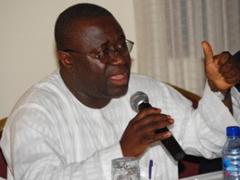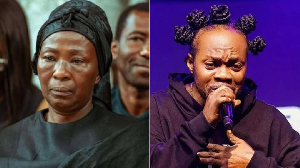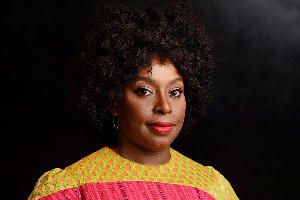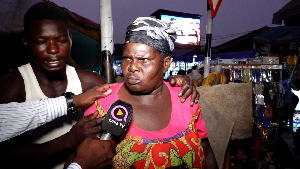Ghana risks losing out on finding pragmatic solutions to solving the drug menace due to the impunity with which the trade is being carried out in the country in recent time.
This poses serious national security implications.
Issues concerning the recent cocaine arrest at the Heathrow Airport in the UK involving a Ghanaian national, Ruby Appiah, alias Nayele Ametefe, has resulted in a political banter in Ghana, with government officials and the main opposition busy keeping the scores on which government is best at creating an enabling environment for the drug trade.
Dr Emmanuel Kwesi Aning, the Head of the Department of Research at the Kofi Annan International Peacekeeping Training Centre (KAIPTC) in Accra, is however worried that the country is fast overlooking the substance of the issues and its inherent security implications for the country.
He told The Finder in an interview that the level of clearance Nayele had at the VIP lounge, through which she was able to cart 12.5 kilograms of cocaine into a British Airways plane at the Kotoka International Airport to the Heathrow Airport in the UK, raises serious national security issues, which no one seems to be paying attention to.
It has been confirmed that the lady at the centre of the cocaine scandal used the VIP lounge at the Kotoka International Airport.
Dr Aning says the growing levels of international terrorism and the now obvious porous nature of security at the KIA is what should concern authorities the most. He noted that with the necessary incentives, someone could easily plant a bomb on a plane in Ghana.
He argued that the manner in which the cocaine got onto the British Airways flight on the tarmac at Kotoka makes it an unsettling thinking, an indication of how vulnerable the country is to terrorists.
“It could have been a bomb that got onto the plane,” he noted.
He emphasised the need to scrutinise the recruitment processes of the country's security setups carefully.
He added it was important to carry out routine and unannounced checks on personnel at very sensitive security clearance levels in the country to know, for example, who their friends are, their bank accounts, and who they have been talking to.
General News of Monday, 1 December 2014
Source: The Finder
KIA Security lapses: "Nayele's cocaine could have been a bomb"













